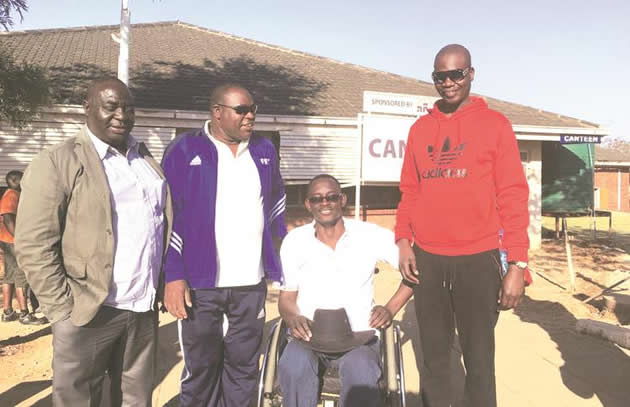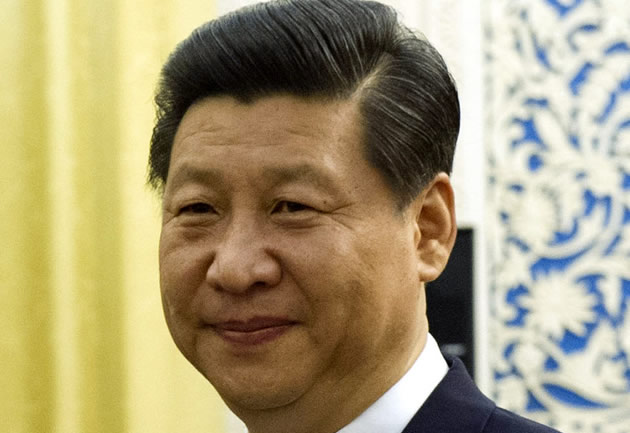Education paralysed in S. Sudan

 JUBA. – Most schools in the South Sudan capital Juba have remained closed in the wake of recent fighting between two warring parties that signed the August peace deal to end more than two years of civil conflict, an official said.
JUBA. – Most schools in the South Sudan capital Juba have remained closed in the wake of recent fighting between two warring parties that signed the August peace deal to end more than two years of civil conflict, an official said.
Michael Lopuke, Under-Secretary in the Ministry of Education, Science and Technology, said late on Friday that though calm has since returned to Juba, parents remain hesitant to send children to school and that some families have moved out of the country for safety. “The schools have been affected due to a number of displaced persons occupying them and also parents are worried for safety of the children,” said Lopuke.
He also revealed that transport in the capital Juba has been affected seriously with few public commuter vehicles, hence disrupting learning. “Most private schools in areas like Gudele, Munuki were operated by foreigners who have since evacuated the country,” he explained.
The fresh fighting in Juba displaced some 36 000 people (IDPs) that have sought shelter in church compounds and schools.
“We are also encouraging IDPs who are sheltered in schools to vacate so that schooling resumes,” Lopuke said. He explained that unlike in Juba and Wau, learning in other states not affected by the recent fighting is ongoing.
“We need a secure environment. The security of the country is a determinant for education in the country. Right now we are talking of children out of school,” he revealed. Lopuke disclosed that for quality education to be achieved, the annual education budget must be increased from less than 6 percent to at least 10-15 percent.
This year the country developed its own education curriculum replacing foreign curricula inherited during independence from Sudan in 2011. It now prints its own education books and training of its teachers.
“There is girl education supported by UKAid. It involves transferring cash to girls and this has led to increase in enrolment, retention and reduced drop out. Soon we shall be looking at achieving completion of school at primary, secondary and university level,” he said.
The UN Children’s Fund (UNICEF) reported this year that 400 000 children in war-torn South Sudan are out of school since outbreak of conflict in December 2013.
It adds that the country’s education indicators remain among the worst in the world, despite increases in school enrolment over the past few years.
Low rates of primary school completion and high gender, geographic and wealth disparities pose enormous challenges to the development of South Sudan. – Xinhua.









Comments